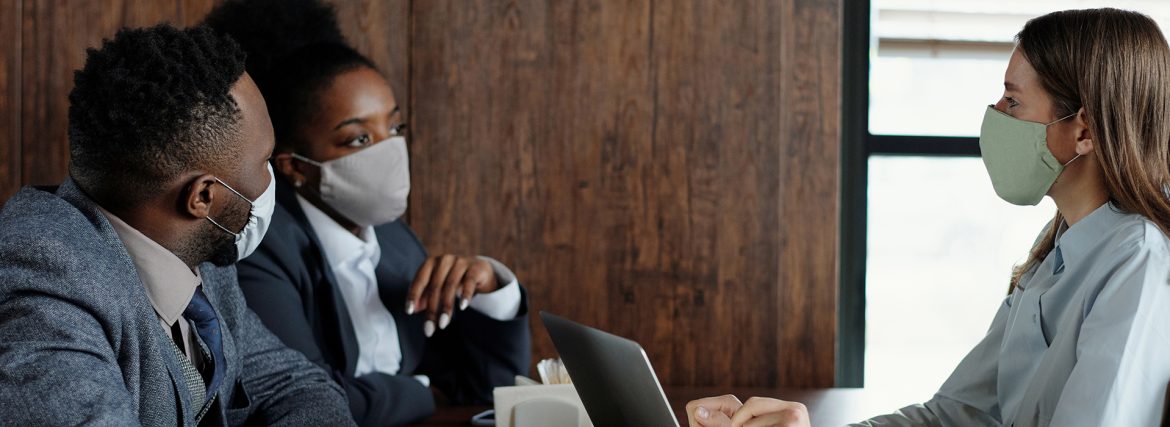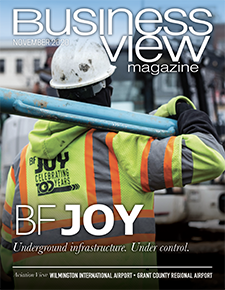As we continue to deliver quality and compassionate care during this COVID pandemic, ensuring the safety of your employees is an upmost priority. A focus of this magnitude should be led by senior management, however, everyone in the organization must actively engage in order to “be safe.” In this review, we will overview a digital rounding strategy for monitoring and mitigating COVID-19 type safety concerns in your healthcare organization.
Let us set the foundation by defining how COVID-19 impacts the safety of your employees. According to the World Health Organization: “When someone who has COVID-19 coughs or exhales they release droplets of infected fluid. Most of these droplets fall on nearby surfaces and objects – such as desks, tables, or telephones. People could catch COVID-19 by touching contaminated surfaces or objects – and then touching their eyes, nose or mouth. If they are standing within one meter of a person with COVID-19, they can catch it by breathing in droplets coughed out or exhaled by them. In other words, COVID-19 spreads in a similar way to flu.”
Rounding within the work environment to capture employee perceptions on a variety of issues is a standard practice in healthcare. It is not uncommon to see organizations capturing these rounds with pen and paper. However, digital rounding takes advantage of today’s technology and replaces pen and paper with electronic forms for tracking and trending valuable information. Efficiencies are immediately realized through a decreased amount of time spent on documenting, trending and communicating your findings.pc’s
An effective COVID 19-employee safety digital rounding strategy should enable you to monitor and mitigate the primary safety issues of your business unit. Keep in mind that a typical acute care patient unit is open twenty-four hours a day, seven days a week. Employees will work multiple days and shifts; therefore, rounding should be rotated by day and shift in order to ensure continuous monitoring.
Once the frequency is established, rounding needs to target the areas of opportunity for keeping your employees safe. As a starting point, consider the following questions for inclusion within your digital rounding platform.
Ask Your Employees –
- Do they have the required Personal Protection Equipment (PPE) such as masks, gown, gloves, eye shields, and foot coverings to complete their assignments and be safe?
- Are they aware of any areas or items in need of remediation to ensure everyone’s safety?
Rounder Observations –
- Is PPE being utilized by employees and changed according to protocol?
- Is signage in traffic areas denoting expectations for how to stay safe?
- Are employees practicing physical distancing?
- Are public, private and reception areas set up for physical distancing and offering hand sterilization?
- Are surfaces, phones, pens, PCs, i-Pads and other contact items being disinfected after use?
- Are safety partitions and barriers being routinely sterilized?
- Are waste receptacles readily available for the disposing of trash?
Once the question responses are captured, the real value of a digital rounding platform begins to surface as you can monitor and trend employee safety opportunities by campus, unit, or shift. For instance, you may find, on weekends, a shortage in PPE equipment for various units or that physical distancing is not transpiring on the night shift. You can then remediate those opportunities and schedule those areas to be monitored through periodic surveying.
The COVID-19 pandemic has brought forward many new challenges in healthcare but ensuring your employees are safe should not be an issue when you leverage technology and link it to a digital rounding strategy.

